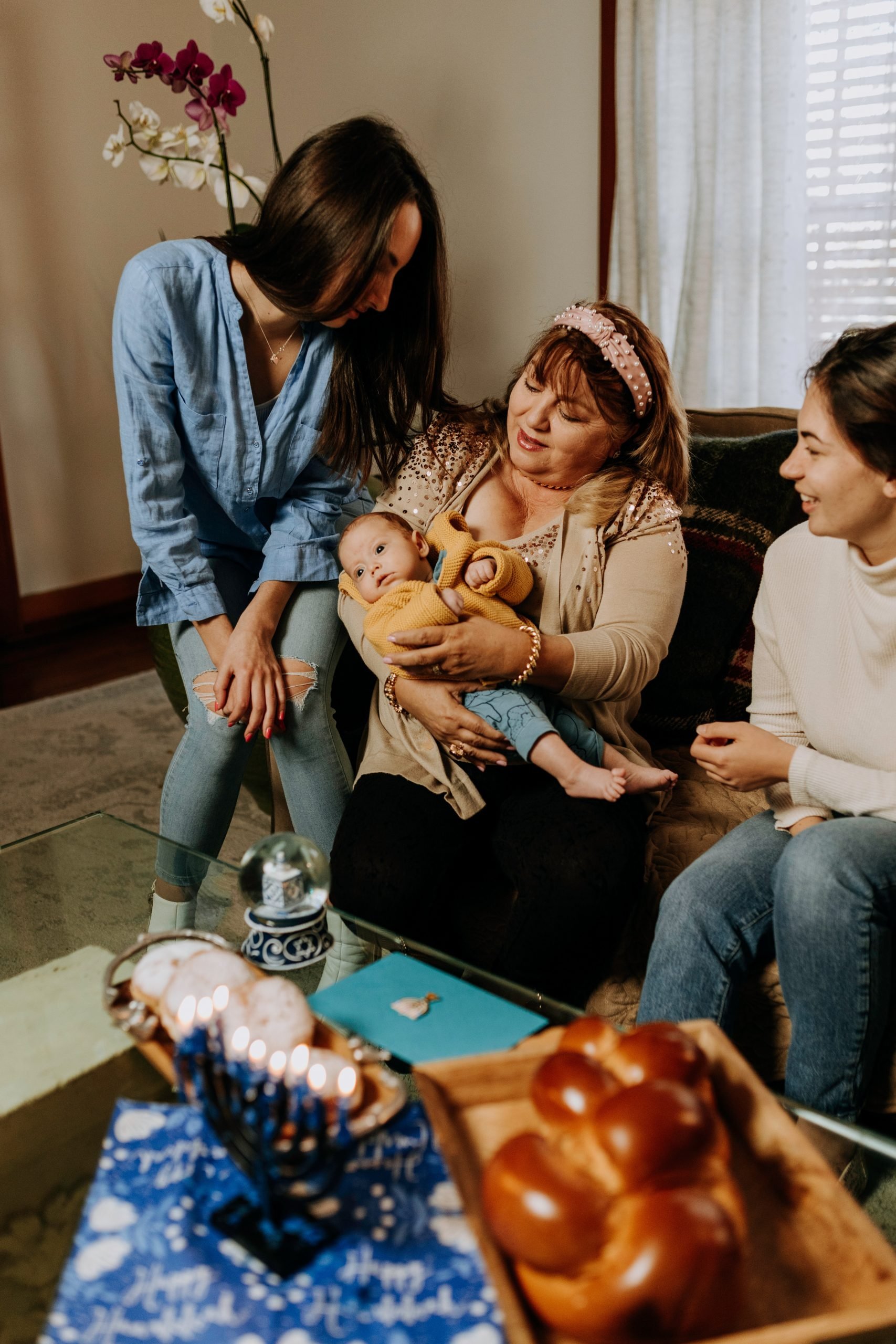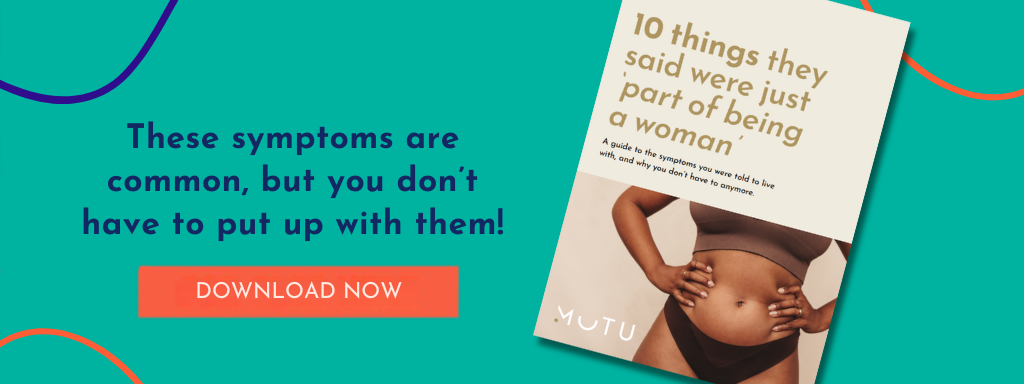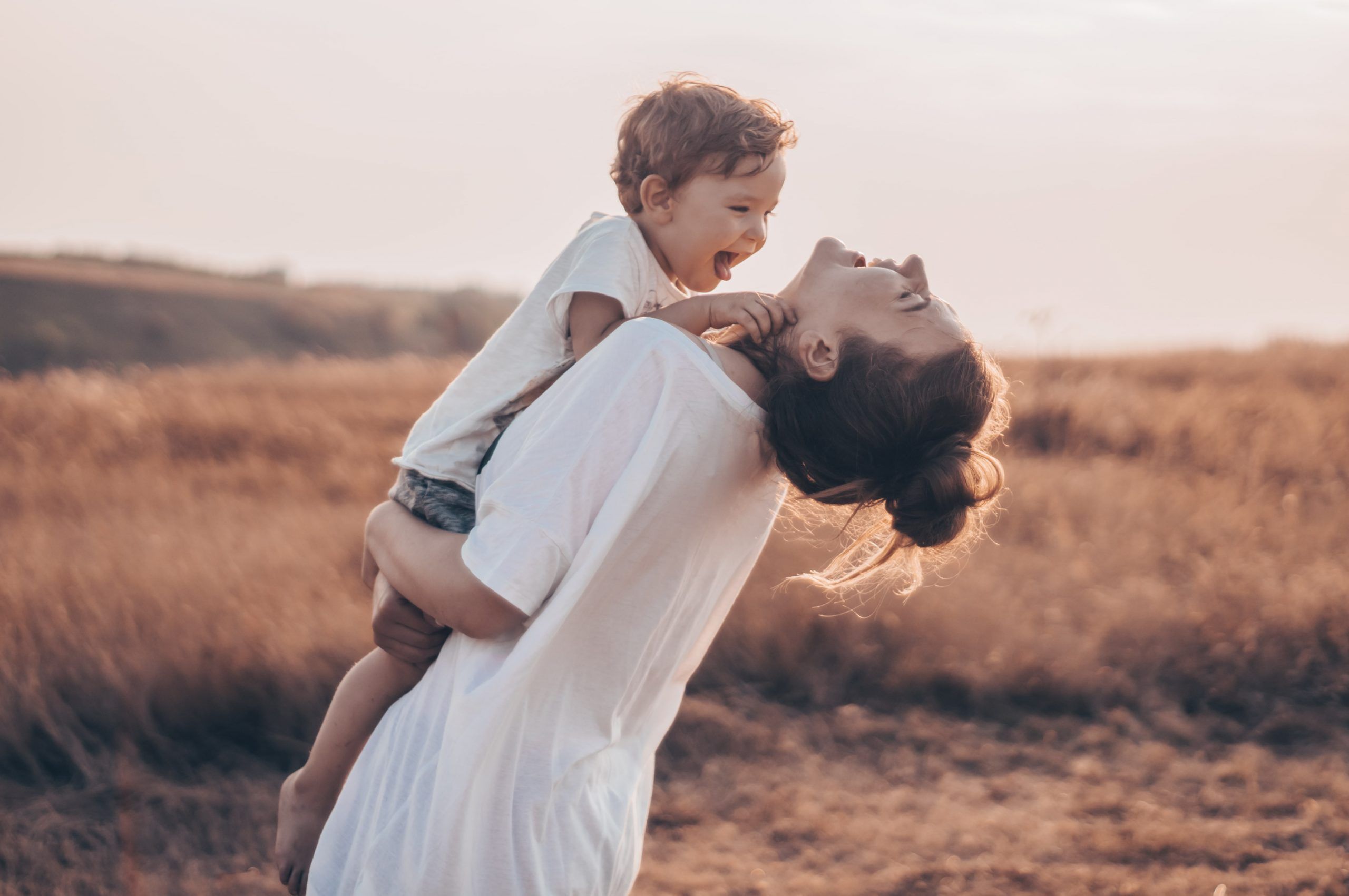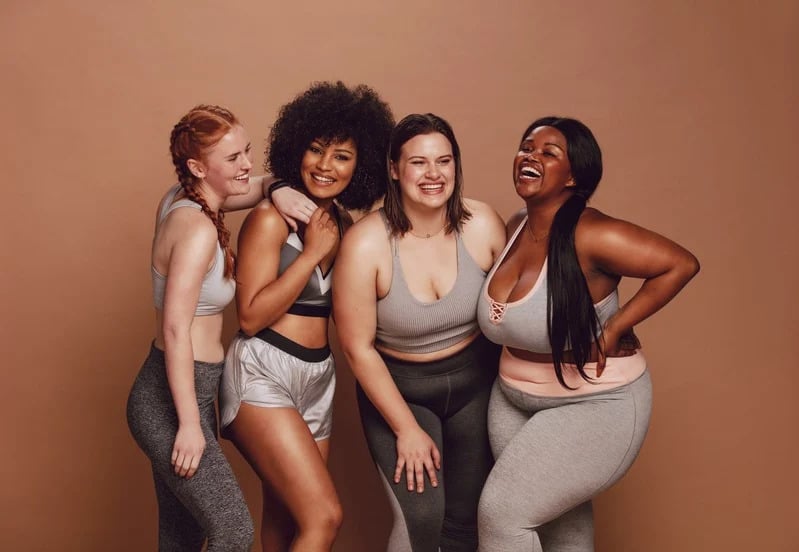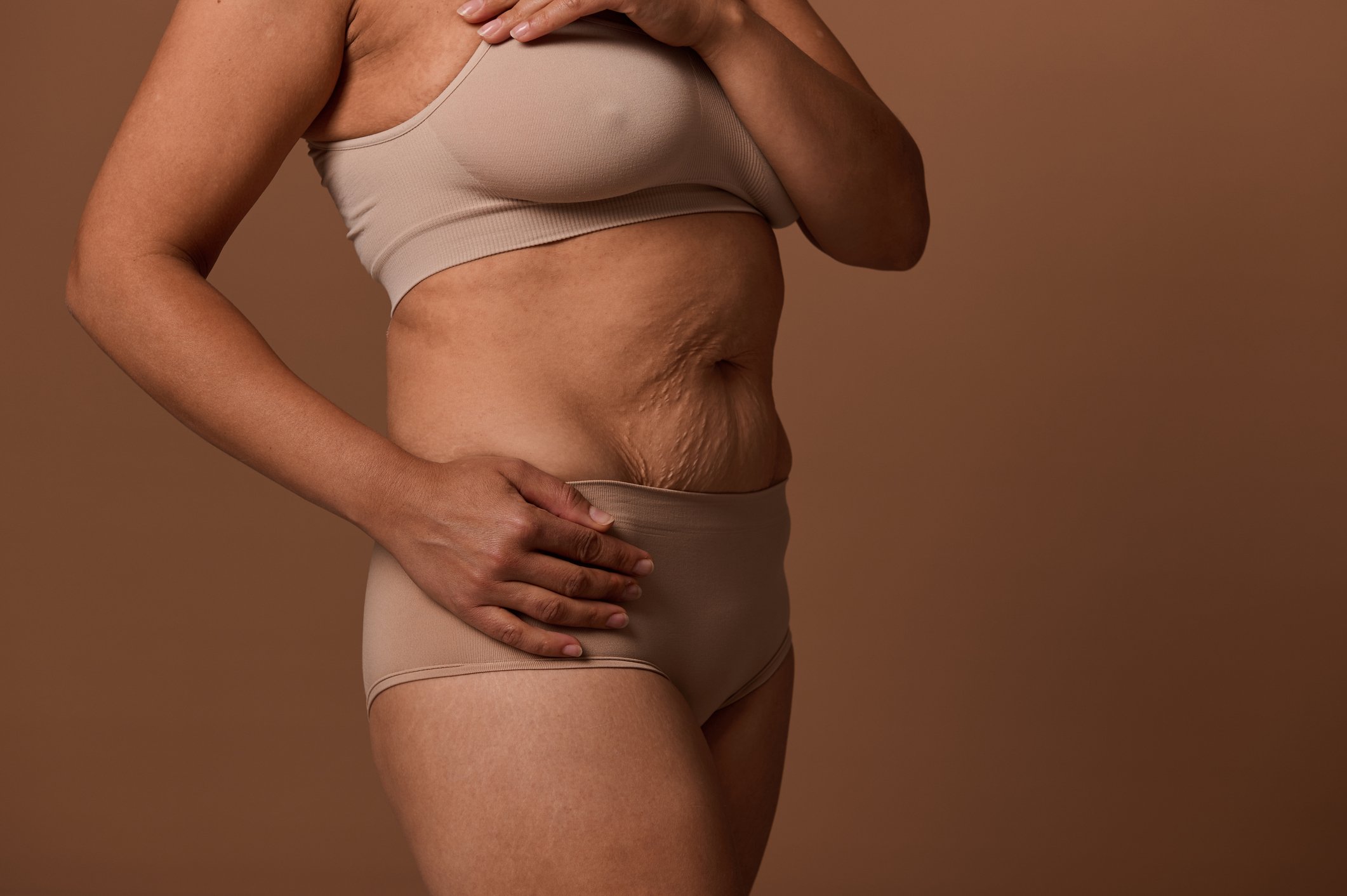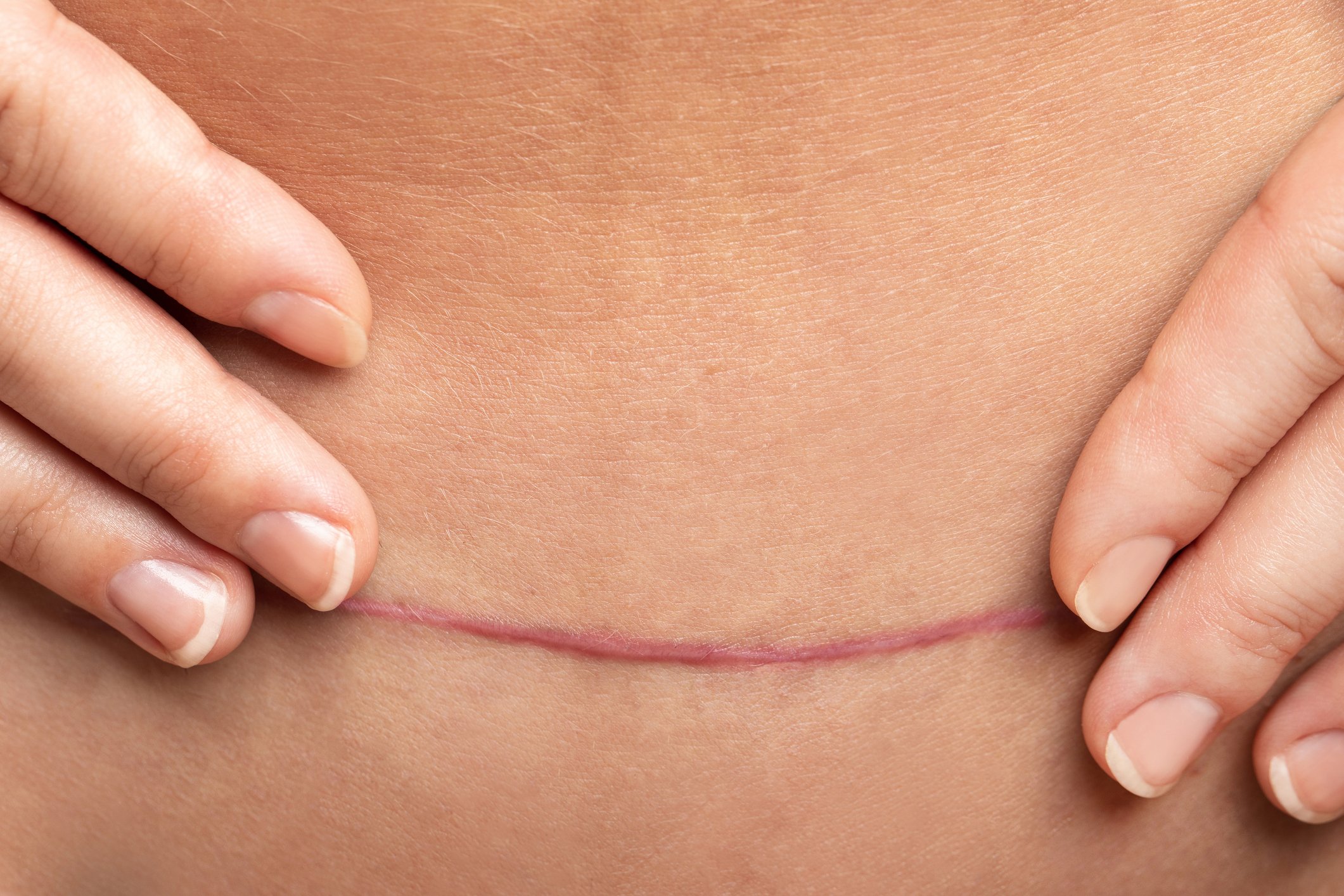As the old saying goes, “If you want to go fast, go alone. If you want to go far, go together.”
Rates of postpartum depression have been rising rapidly across the world in the past three decades. There’s a lot at play there, but researchers are finding that the increased isolation of new parents — obviously made worse through the Covid 19 pandemic — are partly to blame.
Me, myself, and baby
We’ve mixed up the idea of very normal, human need for connection and physical support with the idea of codependency. The postnatal period is definitely not the time to be asserting your rugged individualisation.
There is an odd dynamic at play here. Infants quite literally depend on others to survive. They can’t feed themselves or move themselves, they can’t keep themselves warm — both in the inability to put on clothes and not even being able to fully regulate their body temperature.
And yet, despite these basic biological facts, the cultural push is for independence. The phrase “independent sleep” has entered the chat in a big way. There’s catchy parenting methods pushing for “You time” all over the internet. Even the term “self-regulation” has wiggled itself into “gentle” parenting conversations, overstepping “co-regulation,” which is the absolute foundation of infant survival.
Postpartum isolation is not normal
It’s only been in the past hundred years or so where these basic needs were meant to be met by just one or two people/parents. When it comes down to it, pregnancy, birth, postpartum, and parenting in Western culture is highly marketable, highly fear-based, and given a healthy dose of (largely outdated) ideas about morals and women. The reasons for this cultural shift towards independence and “self” at all costs are huge and varied and essentially fodder for a university lecture. You’ll be spared that here, I promise. We can try and engage with the conversation in a more practical way instead.
Easily put, the experiment of taking away the broader community of caretakers in postpartum puts a ton of strain on new parents. Typically, that falls mostly on moms who just gave birth.
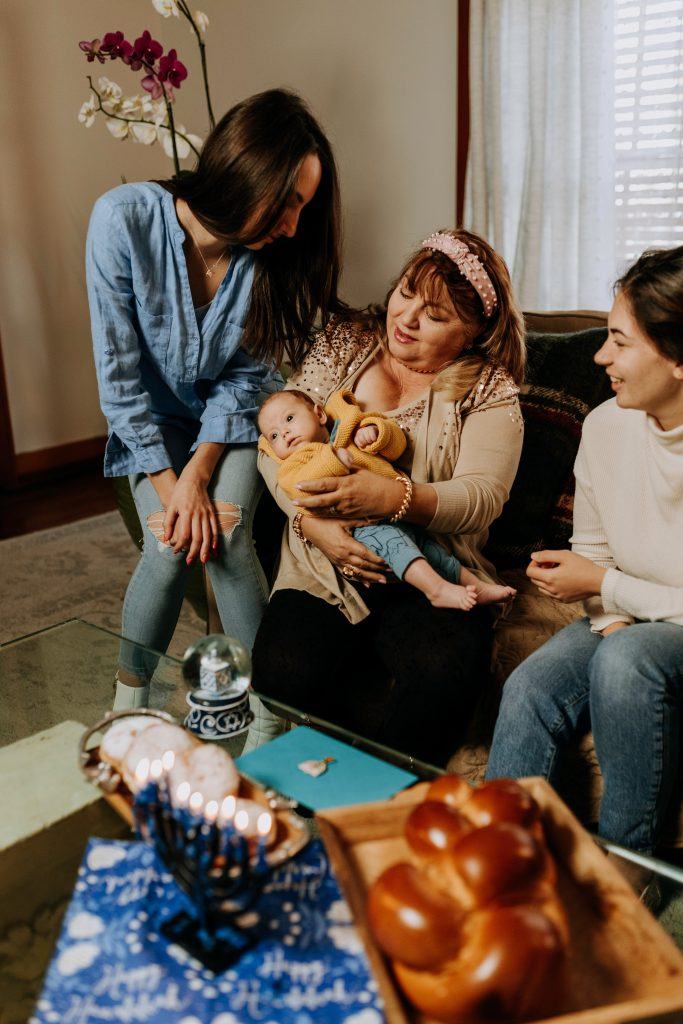
Maybe we need more ‘we’ time over ‘me’ time
In this situation, it can feel like a gift as much as a burden to be bombarded with the advice toward self-care. Yeah, the ‘self’ part of yourself is definitely feeling like it needs some care, but it can feel downright annoying to be told by a nappy commercial voiceover or a kindly neighbor that you should just take a nap or bath or do yoga or cook a supposedly ancient recipe when you spent the day changing those nappies alone while leaking from every possible spot on your body.
Guess what, that ancient soup…? That used to be cooked by ancient grandmas and sisters and housemates. Nappies? Well…those were invented not that long ago, honestly, but all the fluids of postpartum (mom and babe) used to be tended to by the collective whole, as well.
Okay, this is old news…I know. That phrase, “It takes a village” in full is “It takes a village to raise a baby,” for a reason. And yet, the basic advice most new moms get is, be the whole darn village and then see if you can squeeze in some “you” time. That’s not going to cut it.
What can I do to create more relational-care?
We need to shift the cultural dial back toward community care. Though this is easier said than done for many families, there can be shifts both subtle and significant. While we work on better parental leave (especially in the USA where it’s practically non-existent), we can work on redirecting offers of self care toward relational care within our own villages. Here’s some ways to do this:
Postpartum community prep in pregnancy
- If you’re pregnant still and prepping for birth, don’t forget to prep for postpartum care. This doesn’t have to be hiring a night nurse or postpartum doula, though they can be helpful. It can be having frank discussions with friends and family about what postpartum needs actually are. Get them prepped for being your support by mentioning that rather than just coming over to hold the baby early on or offering constant sleep tips and birth horror stories, they can pop in a load of laundry or bring food over.
Tasks and mealtrains
- On that note, you can make a list of helpful tasks visitors can do while they’re at your house and stick it to your fridge. Honestly! Lead in with “We and [baby’s name] are so glad you’re here to hang with us in these early days. While you’re here, it would be a huge help if you could…” and then list a few small chores. A lot of people want to help, but don’t know how and it can feel awkward to ask. This can be a way to guide everyone toward a happy visit.
- Set up a meal train. Nowadays, a lot of folks even just pick a day for a food delivery to be sent to a new family. What could be easier?! It’s amazing how often new moms wind up not eating enough (often the first place to look when figuring out lactation supply issues) because they’re so busy doing so much on their own, their even basic self care like eating falls to the wayside. Having others help with food is a true gift.
Relax! Don’t do it! Mama, just say ‘no’ to it!
- Do less. You heard right. Do less. Parenting nowadays has become something of an Olympic sport, but it doesn’t have to be. There’s another saying to use around new parents, “The world is stimulating enough.” Most infants are downloading so much essential information from touch, sound, internal growth, new people, new environments, etc. that they don’t need all these gadgets and development programs really early on. Most babies don’t need to be on a rigid schedule either. Going with the flow (in the absence of illness or injury or other complication) can not only help you feel calmer, but it’s also easier to invite your village in to participate in the postpartum rhythms you have going*.
*I was a postpartum doula, infant care specialist, and sleep consultant for 15 years and can promise you doing less in less isolation was the most beneficial advice I ever gave.
I hope these tips are useful, as was this slight reframing of the idea of taking care of yourself while taking care of baby.
Want to join an online community of wonderful mamas? When you become part of the MUTU system, you’ll be part of a supportive, collaborative, caring community of parents right at your fingertips. Learn more here.



